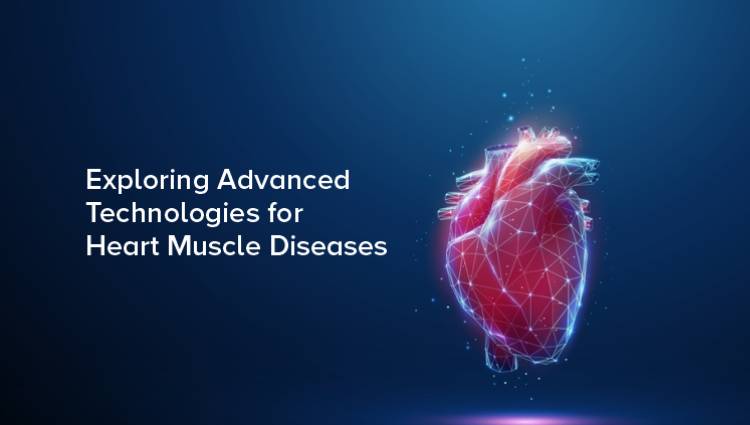
Heart muscle diseases, or cardiomyopathies, represent a group of disorders impacting the heart muscle. These conditions, characterized by thickened, weakened, or stiffened heart muscle tissue, can lead to heart failure and other life-threatening complications. The good news is that diagnosing and treating heart muscle diseases have evolved with cutting-edge technologies and techniques, providing patients with the highest quality of care. This blog post will explore the latest technologies available at Citizens Specialty Hospital in Hyderabad for diagnosing and treating heart muscle diseases.
Non-Invasive Imaging Techniques:
Patients with heart muscle diseases often require imaging tests to help doctors identify the location and extent of the disease. Non-invasive imaging techniques, such as magnetic resonance imaging (MRI) and echocardiography, provide high-resolution images of the heart, enabling doctors to pinpoint the exact location of the problem. These technologies are beneficial for diagnosing complex heart muscle diseases that are challenging to detect with conventional tests.
Cardiac Catheterization:
For more severe cases, cardiac catheterization is an incredibly effective technique for treating heart muscle diseases. In this minimally invasive procedure, specialists insert a thin, flexible tube (catheter) into a blood vessel in the arm or leg and thread it up to the heart. Once the catheter is in place, doctors can use X-ray imaging to guide a tiny camera and other instruments to nature. They can perform minimally invasive surgeries such as balloon angioplasty or laser atherectomy. This procedure offers a faster recovery time than traditional open-heart surgeries, resulting in less pain and scarring.
Heart Transplants:
At the most severe stage of heart muscle disease, a heart transplant may be the only option. Citizens Specialty Hospital provides complete heart transplant services to patients with end-stage heart failure caused by severe damage to the heart muscle, such as cardiomyopathy. This procedure involves replacing the patient's damaged heart with a healthy heart from a deceased donor.
Medical Therapy:
Patients with heart muscle diseases may also benefit from various medical therapies to help control symptoms, slow disease progression and manage complications. These therapies can include medications such as beta-blockers, calcium channel blockers, or angiotensin-converting enzyme (ACE) inhibitors and lifestyle changes such as dietary modifications and exercise programs.
Gene Therapy:
Citizens Specialty Hospital is also exploring the novel field of gene therapies for treating heart muscle diseases. Research has shown that mutations in specific genes can cause heart muscle diseases, and targeted gene therapy can help correct these mutations and improve the heart's function. This technology is still experimental, but it holds immense promise for the future of heart muscle disease treatment.
Conclusion:
Heart muscle diseases can be a severe and life-altering condition. Still, with the latest technologies and techniques available at Citizens Specialty Hospital in Hyderabad, patients can rest assured that they receive the best possible care. From advanced imaging tests to minimally invasive surgeries, medical therapy, heart transplantation, and gene therapies, patients can access cutting-edge treatments that revolutionize cardiac care. With such an innovative approach, we hope for a day when heart muscle diseases become a thing of the past and patients can live long and healthy lives.
Citizens Specialty Hospital combines advanced heart care with affordability. Take the first step toward your recovery; call us today at 040 67191919 or book an appointment on our Citizens Specialty Hospital - Cardiology & CTVS. Our commitment to your well-being extends beyond treatment – we simplify the process for you.